In the shadow of the headquarters of Russia's FSB security service, formerly the home of the Soviet-era KGB, people came to lay flowers this week.
Hundreds of roses, hydrangeas and carnations were left around a huge stone on Moscow's Lubyanka Square.
The Solovetsky Stone is a memorial to victims of political repression and the thousands who were killed under Soviet leader Joseph Stalin.
Many here were remembering relatives who were targeted in the dictator's infamous purges, marking Russia's annual day of remembrance.
But while the focus was ostensibly on the past, one couldn't help but think about the present too.

Since its invasion of Ukraine three and a half years ago, Russia has been fighting a war on two fronts - one on the battlefield against its neighbour and one at home against domestic opponents.
More than 20,000 people have been detained for speaking out against the conflict, according to human rights group OVD-Info.
So, could Russia's dark history of repression repeat itself?
"It could be possible, entirely possible," said Iraida, who was at the stone to honour her great-grandparents.
"Say the wrong thing, think the wrong thing, or turn on the wrong channel, sing the wrong song.
"It's very sad. Very sad that people can't express their thoughts."
Read more:
Underneath Russian bravado to US sanctions, there will be concern
Welcome to Russia's alternative Eurovision

The song she appeared to be referring to is Swan Lake Cooperative by exiled Russian rapper Noize MC.
Openly critical of the Kremlin, he's been labelled as a "foreign agent" by the authorities, which banned his song because it promoted "violent changes to the foundation of the constitutional order".
Despite this, the song was recently performed by a group of young street musicians in St Petersburg and footage of their impromptu concert went viral on social media.
It wasn't the only illicit material they played.
The band, called Stoptime, also had crowds singing along to You Are A Soldier by Monetochka, who is another anti-war artist classified as a foreign agent and living in exile.
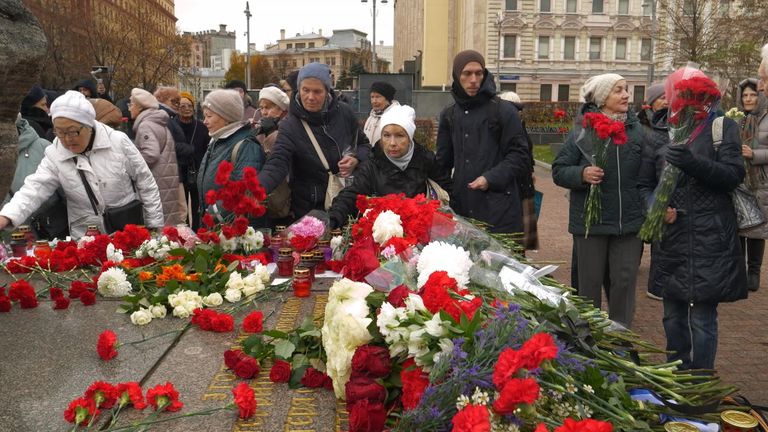
To those who oppose Russia's current trajectory, it was music to their ears. But it didn't last long. Stoptime's three teenage members were soon arrested, tried and jailed.
At first, they were convicted of organising an unplanned gathering. But then more charges followed, including the much more serious one of discrediting the Russian army, and it means they now face more jail time.
The case serves as yet another example of Russia's crackdown on dissent, in which any form of protest, real or perceived, is silenced.
It's not just musicians who are targeted. Also in court this week was Maxim Kruglov, the deputy leader of the liberal Yabloko party, which opposes the war in Ukraine.
He's charged with spreading fake news about the armed forces. If found guilty, he could face a decade behind bars.
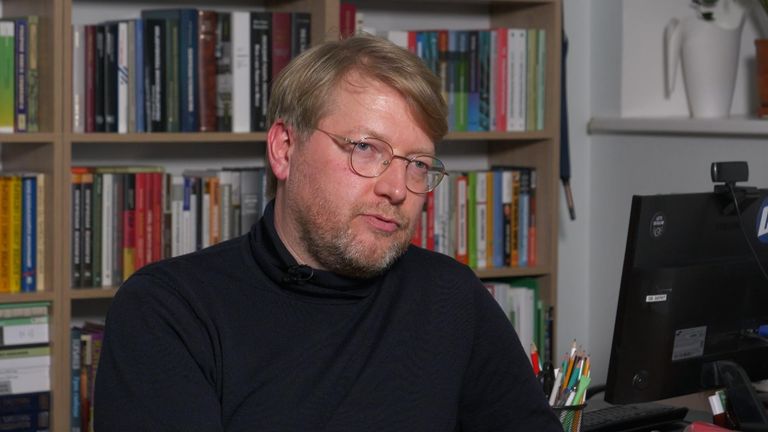
"It is re-Stalinism," says Yabloko leader Nikolai Rybakov, when I ask how he would characterise the continuing wave of arrests.
"It's about the atmosphere in the country, an atmosphere of danger, and of course it's about a climate of fear."
You could certainly sense that atmosphere back at the Solovetsky Stone, which has previously served as a focal point for supporters of the late opposition leader Alexei Navalny. Everyone, including us, was under the watchful gaze of the authorities.
Two police vans were parked nearby, dozens of armed officers stood ready for action, and there were numerous plain-clothed FSB agents taking photographs and videos of people's faces. (Amid a crowd of mostly pensioners, the agents are easy to spot.)
By laying flowers here, people risked being marked out as potential trouble-makers.
At one point, an elderly man arrived wearing a sign around his neck that bore the letters "SVO". In Russian, they form a frequently-used acronym for the war in Ukraine, which the Kremlin still refers to as a "Special Military Operation".
It wasn't immediately clear if this was a protest or not, but suddenly there was tension.
Police began to circle, eyeballing the sign. There was a flurry of nervous muttering into radios. Were we about to witness the latest anti-war arrest?
In the end, the officers backed away as the pensioner began to light candles and lay flowers - the letters apparently a reference to something else. Either way, it felt like a very rare reprieve.

 11 hours ago
2
11 hours ago
2
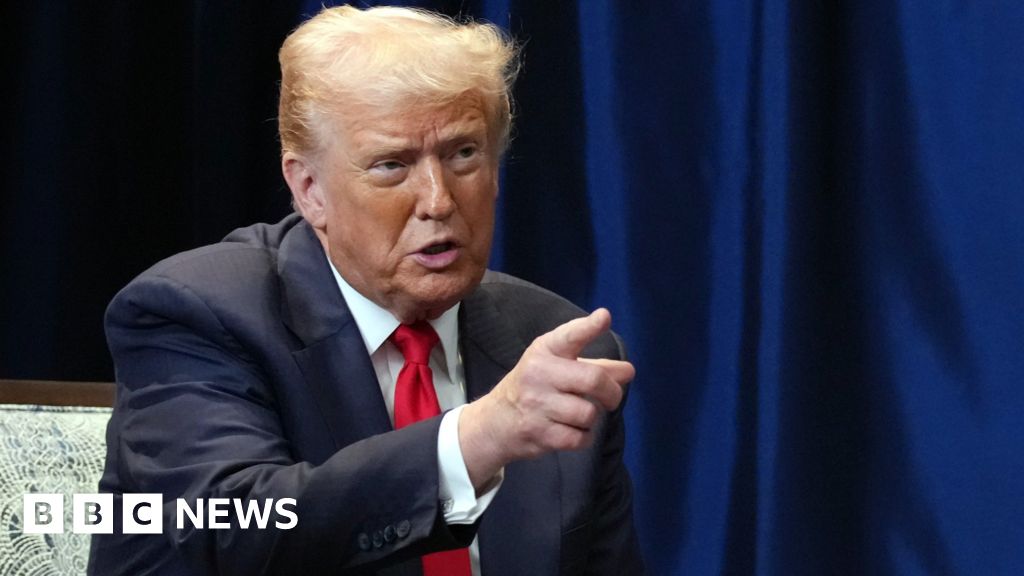
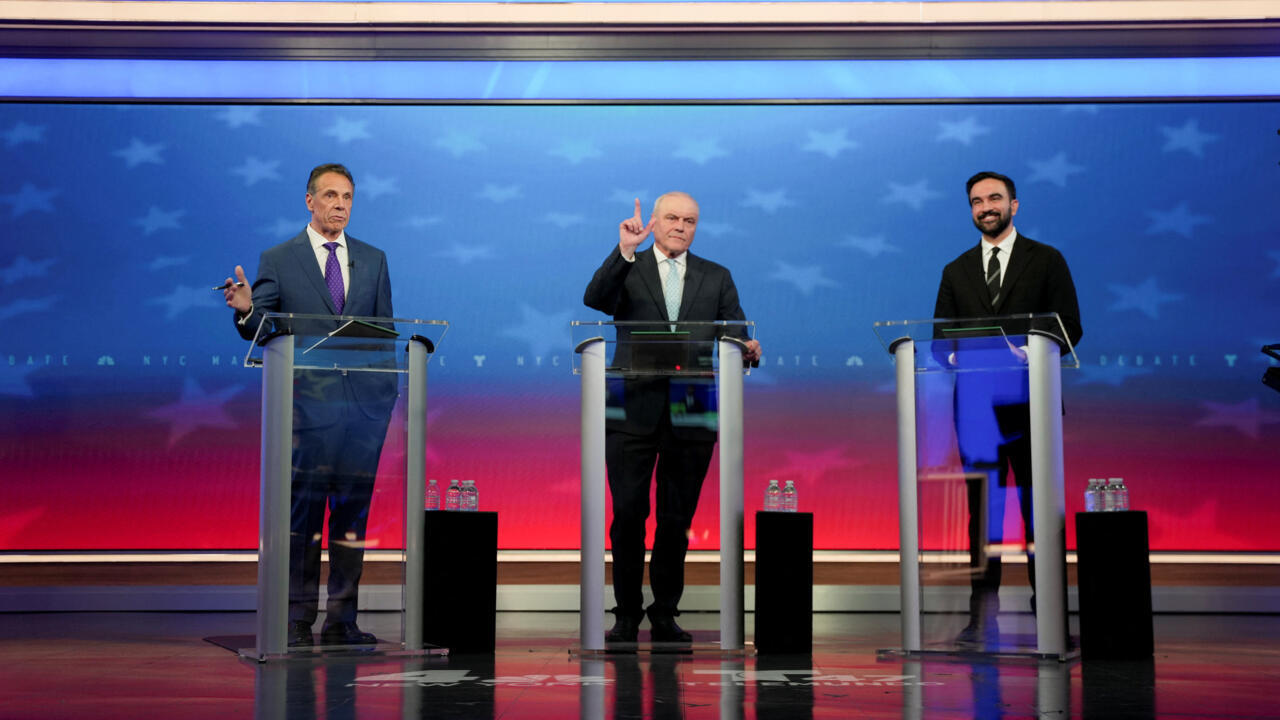





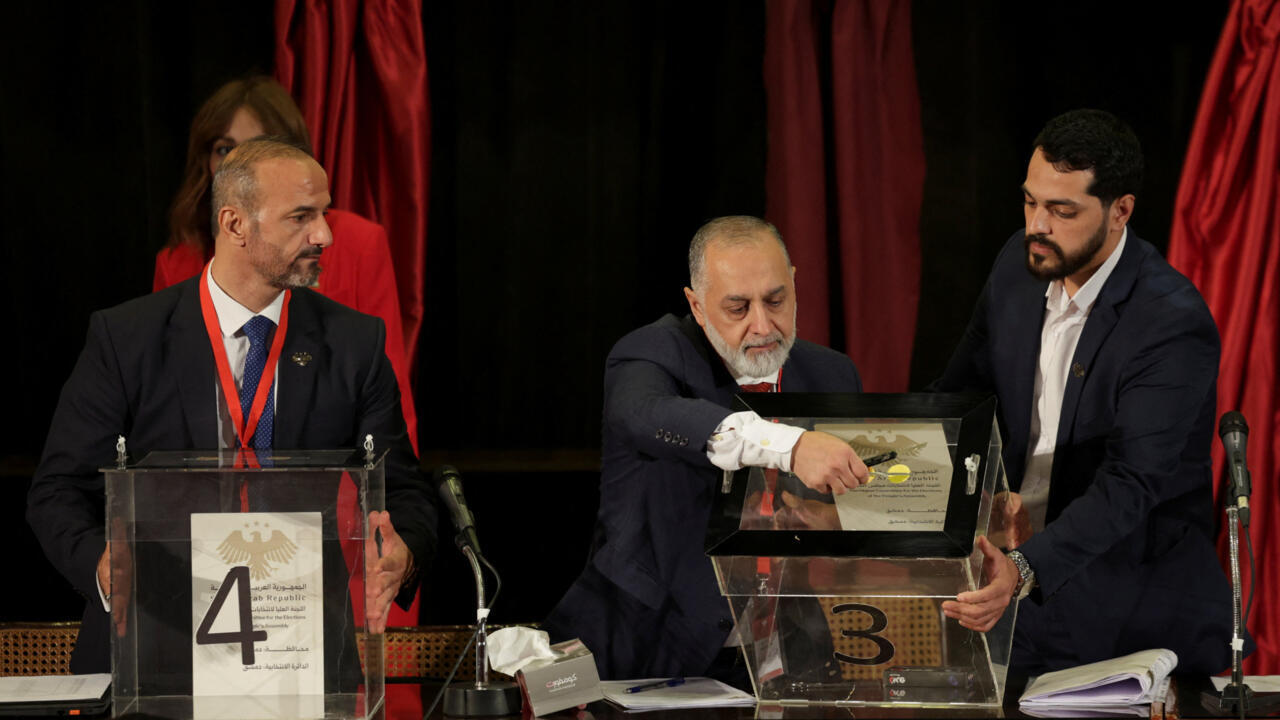
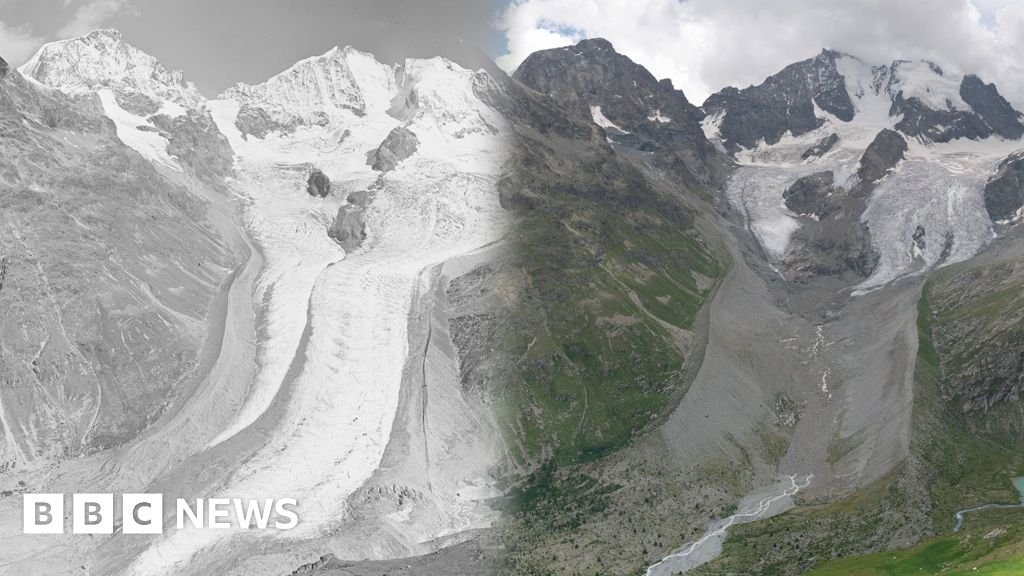

 English (US) ·
English (US) ·